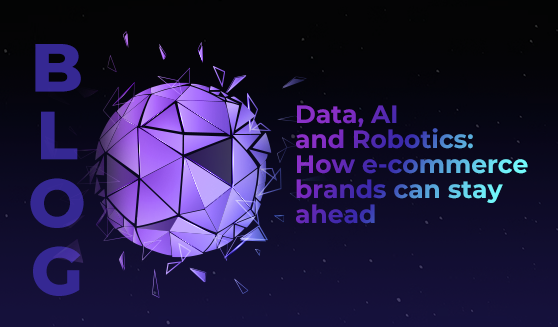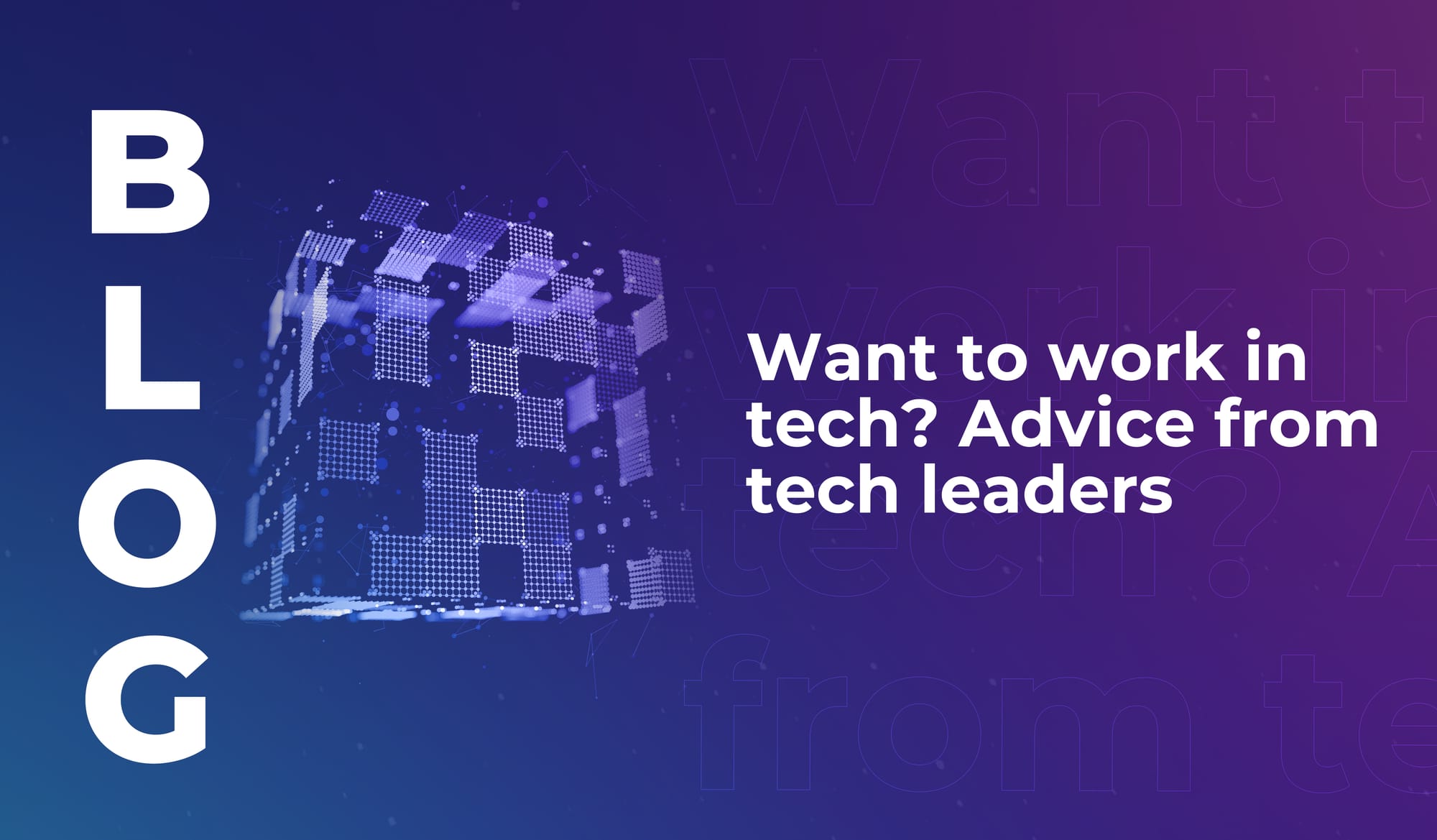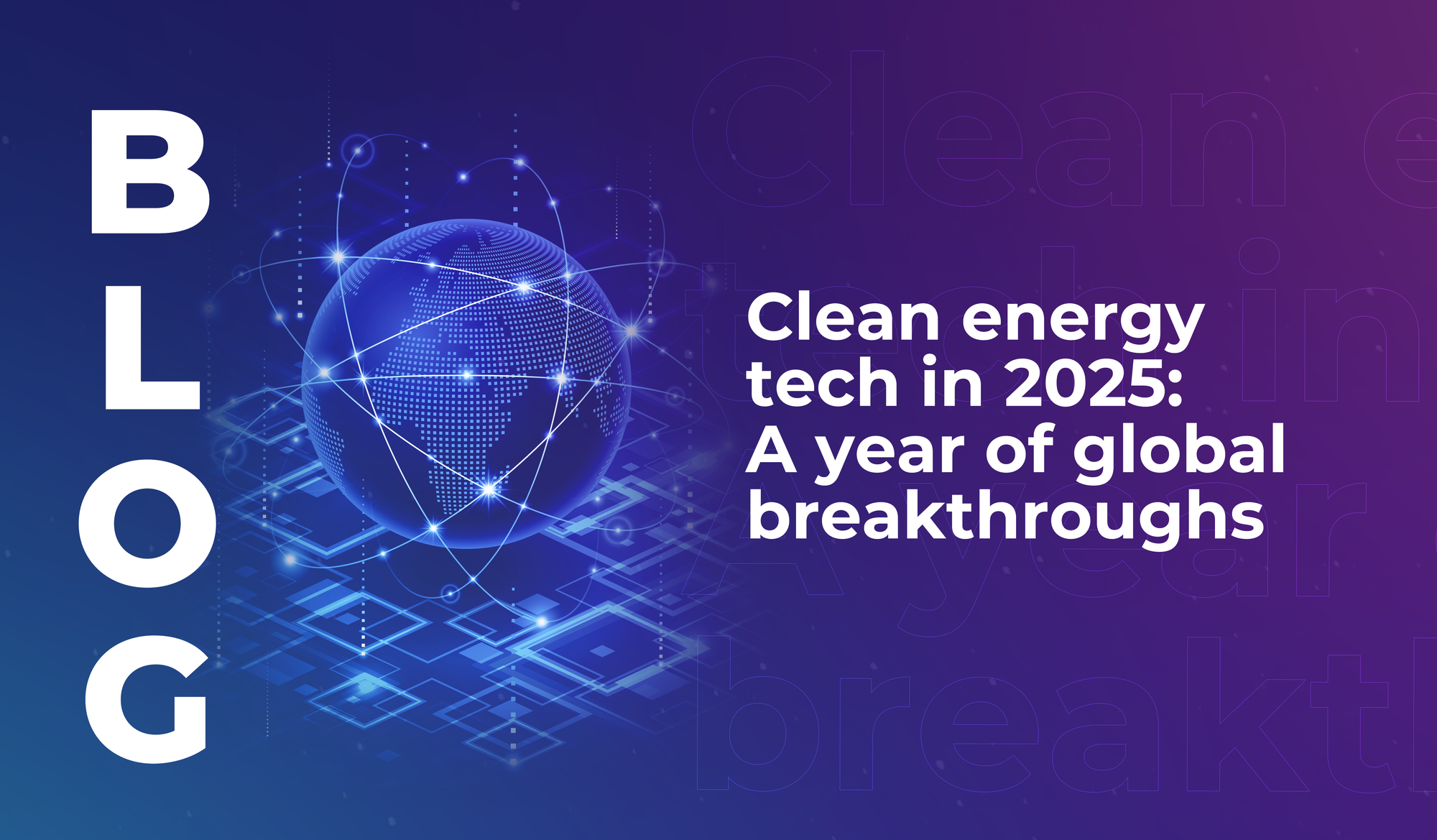
3 Tech sectors facing a talent shortage in 2025
Discover three tech sectors facing a talent shortage this year. Could you find your ideal role in a high-demand sector like cybersecurity, cloud computing, or artificial intelligence?


Oscar Barranco Liébana (Integrated Operations Platform Director, FIFA World Cup Qatar 2022) undertook an immense technological challenge in 2022 – enabling the smooth running of the FIFA World Cup in Qatar through integrated technology systems that covered everything from entertainment and accommodation to transport, sustainability, and much more.
The Integrated Operations Platform (IOP) was a huge achievement – but it’s not over. It’s a legacy system that will continue to evolve, integrating cutting edge emerging technologies to support future large-scale events in Qatar.
We asked Liébana to tell us all about it – and he also shared why mindfulness meditation is key to helping him handle the pressure of leading projects on a global stage.
“The main goal of the Integrated Operations Platform (IOP) for the FIFA World Cup Qatar 2022 was to ensure safe, secure, and efficient operations, with an amazing fan experience, achieved through augmented operational intelligence from the National Command Center.
“The IOP addressed this goal by orchestrating multiple systems across smart city, smart mobility, and smart tourism technologies. In fact, collaborating with 25 organisations, we integrated 37 systems and nine Command and Control Centers into a single national cloud platform, leveraging AI and emergent technologies to deliver real-time insights and streamlined decision-making.
“However, no matter how effective a technical solution is, the human factor is essential, as if it is not adopted early enough and effectively, it will not bring the expected impact. Therefore, an additional objective was to ensure an effective and early adoption of a new augmented operational intelligence platform, which implied the implementation of an effective change management approach to leverage on new capabilities offered by AI and other emergent technologies.
“And a final objective is related to its legacy and continuous improvement, where the system will keep on evolving, optimising its capabilities, and implementing the latest technological capabilities to take the platform to the next level with the most advanced AI and emergent technologies for the next mega or international events in Qatar.”
“...through innovation, emergent technologies and collective intelligence dynamics. All of this made a huge leap forward for this amazing FIFA World Cup Qatar 2022.
“From smart tickets to AI-powered operations, FWC Qatar 2022's technology spectrum revolutionised the fan experience and operations. Phygital touchpoints, like Mixed Reality interactions with players, blurred the lines between digital and physical.
“Behind the scenes, AI crunched national transport data, while chatbots powered by NLP handled inquiries, Digital Twins providing virtual crowd management simulations, IoT and Computer Vision providing real-time insights for smart parking operations, and ML optimised and predicted traffic flow. Cloud computing seamlessly integrated vast systems, and smart microgrids kept stadiums sustainable, amongst others.
“All this aimed to create an unforgettable emotional customer journey for fans and professionals alike. And honestly, I believe we nailed it.”
“Due to the compact nature of the FIFA World Cup Qatar 2022, we faced important operational challenges:
“Therefore, the precision, accuracy and synchronised control of operations was very necessary to prevent and avoid any critical operational risks, to face such unique impact and crowd moving and enjoying Qatar.
“In fact, that augmented operational intelligence was able to provide the power to have under control all key operations for this tournament and guaranteed a perfect situational awareness and evidence-based decision-making capabilities for any kind of situations to occur.
“Having lived and experienced every single minute of this amazing tournament in Qatar, together with fans of so many countries, sports teams and accredited professionals, the whole team realised that there were not just some successful projects – but it was just one successful event. This was achieved thanks to the amazing and committed teamwork and collaboration, stakeholders’ synchronisation and a global orchestration to successfully implement all 58 Host Country projects, plus Local Organizing Committee and FIFA’s projects as well.
“The whole team was very proud of the successful operations. But most importantly, of the positive and unforgettable emotional experience it generated to so many of Qatar’s citizens, visitors, and football fans around the world.”
“For high-pressure projects with global stakes, there are always two fronts to consider: work environment and personal practices. The right balance between these two will provide the confidence, calm and mental serenity to face any professional challenges.
“Dealing with the work environment, my focus lies on building a solid management foundation. This includes:
“With these pillars in place, I feel empowered to navigate challenges calmly and effectively.
“However, beyond the workplace and on a more personal level, I prioritise two key practices: sports and meditation. While both contribute to my well-being and peace when facing challenging challenges, meditation stands out as the most transformative tool I've encountered. It's been instrumental in taming racing thoughts, eliminating any stress, emotional fluctuations, and the urge to micromanage outcomes.
“Though mastering mindfulness takes time and discipline, the rewards are immense: inner peace, clarity, and a profound sense of balance that permeates all aspects of life. It's truly a practice that transcends stress management and blossoms into a way of being, which I would truly recommend to anyone as one of the best time investments they could make in their lives.”
Thanks to Oscar Barranco Liébana. Did you miss LEAP 2024? Don’t worry! Join us in Riyadh for the 2025 edition – and be part of the future of technology.

Discover three tech sectors facing a talent shortage this year. Could you find your ideal role in a high-demand sector like cybersecurity, cloud computing, or artificial intelligence?

We’ve gathered advice from tech leaders to help you find your career in tech – so you can get in, stay in, and thrive.

Tan Wooi Leong (Managing Director, Energy and Industrial at Surbana Jurong) says collaboration is critical to drive progress in clean energy transformation. Discover the latest clean energy tech developments this year.

Discover three tech sectors facing a talent shortage this year. Could you find your ideal role in a high-demand sector like cybersecurity, cloud computing, or artificial intelligence?

We’ve gathered advice from tech leaders to help you find your career in tech – so you can get in, stay in, and thrive.

Tan Wooi Leong (Managing Director, Energy and Industrial at Surbana Jurong) says collaboration is critical to drive progress in clean energy transformation. Discover the latest clean energy tech developments this year.